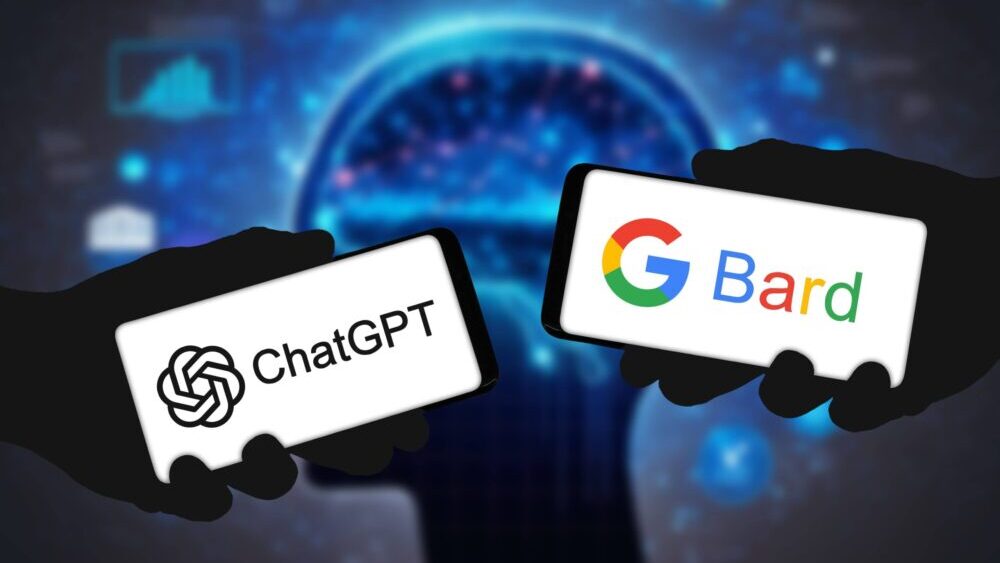The generative AI arms race just got a major development thanks to the launch of Gemini, Google’s most advanced model featuring state-of-the-art multimodal reasoning capabilities. Google claims that Gemini is able to beat OpenAI’s ChatGPT 3.5 in half a dozen benchmarks.
Gemini is designed to be highly versatile, and available in three distinct sizes: Ultra, Pro, and Nano. This ensures its adaptability across a wide range of platforms, from large data centers to mobile devices.
Gemini Nano is already rolling out to the Google Pixel 8 Pro as part of its December feature drop, while Gemini Pro will power Google’s AI chatbot Bard. This integration will occur in two stages: Bard will incorporate a specially adapted version of Gemini Pro, optimized for English, to enhance its abilities in advanced reasoning, planning, and understanding.
Then, in early 2024, Google plans to launch Bard Advanced. This will offer users early access to Gemini Ultra, which, as mentioned earlier, is the most advanced tier of Google’s AI model.
As for Gemini Pro, Google has run the AI model through 8 industry-standard benchmarks against OpenAI’s GPT 3.5. Out of the 8 benchmarks, Google managed to surpass ChatGPT in 6 tests including MMLU (Massive Multitask Language Understanding), one of the key leading standards for measuring large AI models, and GSM8K, which measures grade school math reasoning.
Google has also tested Gemini Pro in blind evaluations in partnership with its third-party testers. The search engine giant claims that Gemini Pro is now the preferred AI chatbot compared to leading alternatives.
YouTuber and educator Mark Rober put Gemini Pro to the test by making it build the most precise and large paper airplane.
Google Bard currently has support for text-based prompts through Gemini Pro, but more input methods will be added in the future. For now, it will work with English prompts in 170 countries, but it will eventually roll out to more regions with more language support.
Gemini Ultra is currently going through safety checks and it will launch through a trusted tester program before rolling out to Bard Advanced later in 2024.






